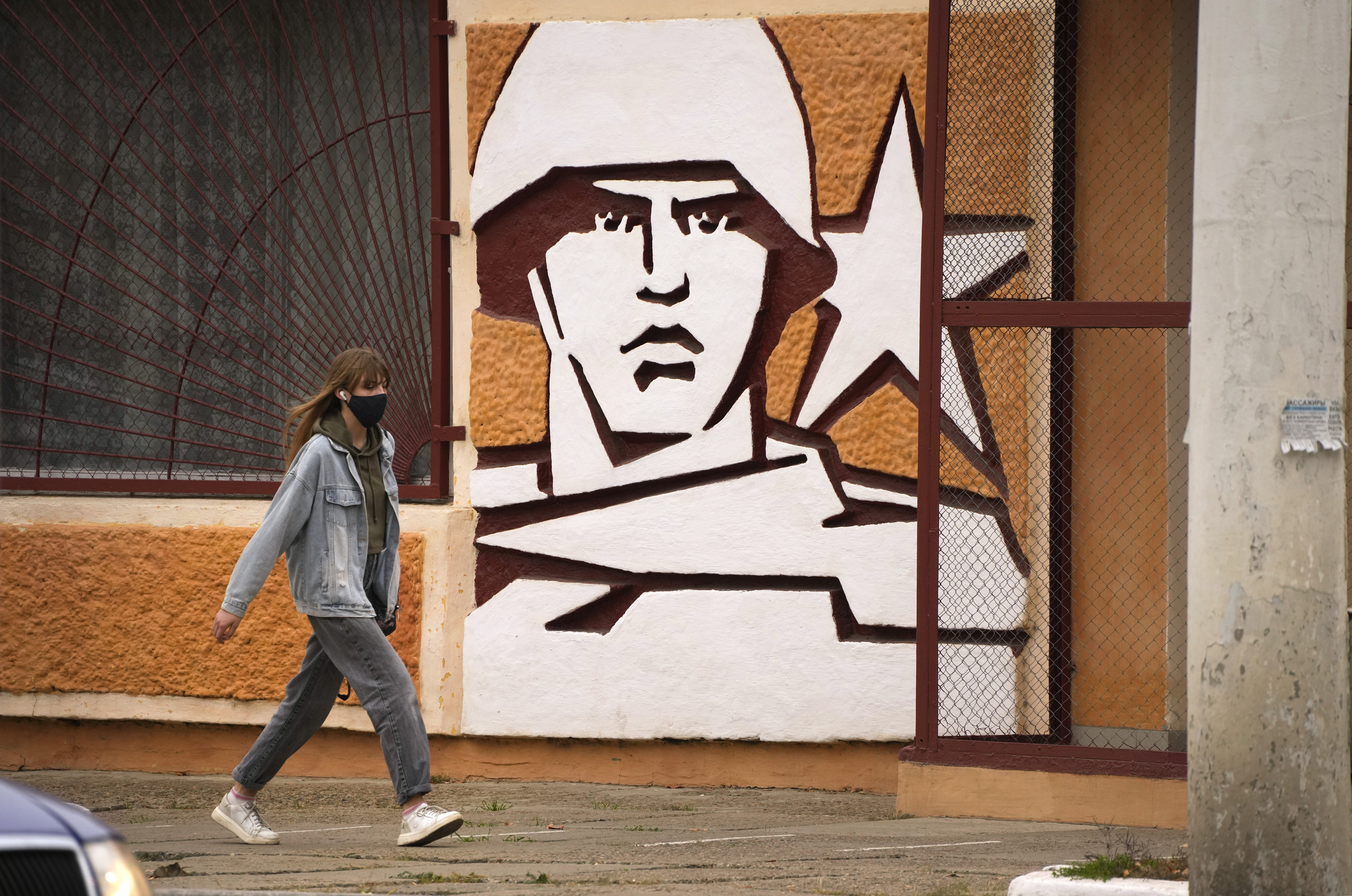
Amid fears that Moldova could be drawn into the Ukraine war, Ana Revenco, Moldova’s interior minister, has told Al Jazeera that Europe needs a “paradigm shift” in its security policies.
Neither a European Union nor NATO member, Moldova is worried about its future – particularly because Russian troops are present in its Moscow-backed separatist region of Transnistria – and is seeking help, hoping the international community does not forget its humanitarian contributions.
In recent weeks, world leaders have been trying to reassure Chisinau.
UN Secretary-General António Guterres told President Maia Sandu in the Moldovan capital on May 8 that “the UN would not abandon Moldova”. That came days after the EU promised to “significantly increase” military aid to the country.
A neutral state where society is deeply divided politically, Moldova has not sought to join NATO. But soon after Russia’s invasion of Ukraine began, it officially applied to become an EU member.
“Food security, border security, cyber-vulnerabilities, uninterrupted services for the population, uncertainty about the presence of Ukrainian refugees, and other immediate and emerging threats including use of mercenaries in Ukraine, large caches of incoming foreign weapons and divisive propaganda – must all be tackled,” Revenco said.
Russia’s presence in Transnistria, home to about 500,000 people, is a constant cause for concern for Moldova. Kyiv believes Russia wants to use the area to attack Ukraine.
At the end of April, a series of explosions rattled the breakaway region. No casualties were reported and while Russia and Ukraine traded blame for the attacks, Moldova pointed to pro-war “factions” within Transnistria.
And a Russian military official recently said control of southern Ukraine “is another way to Transnistria, where there is also evidence that the Russian-speaking population is being oppressed” – citing a similar allegation used by the Kremlin to justify its “operation” in Ukraine’s east.
An estimated 20,000 tonnes of Soviet-era weapons and ammunition are believed to be stored in Transnistria, which used to be a hub for illicit trafficking and smuggling.
Diplomats believe Moldova’s neutral status is a preventive guarantee of safety against any aggression, but Russia’s invasion of Ukraine has stirred an internal debate about its stance.
This week, Igor Dodon, Moldova’s former pro-Russia president, was detained on corruption charges and is under house arrest.
Revenco said she does not view the incident as a policy of going after Moscow-linked politicians to appease transatlantic allies.
“This isn’t the first or the last, as we go after the people who have squandered Moldovan wealth. The priority of this government is to root out corruption and make examples of anyone found guilty – regardless of their status or affiliation.”
Meanwhile, Moldova, which is nestled between Ukraine and Romania, has taken in 100,000 refugees – the largest number per capita.
“Most of the people share a common social thread as distant relatives, friends, or friends of friends. And the only way we are able to sustain this is because ordinary Moldovans have opened up their hearts and doors to Ukrainians in need,” Revenco said, adding that her country’s tiny population – less than three million people, has seen a nearly four percent increase in a matter of weeks.
The government has declared one emergency after another in recent months because of the COVID pandemic, energy crisis and now the war in Ukraine.
“It’s a huge strain on our public services which have already been stretched by back to back crises. Almost 10 percent of all children in Moldova are now refugees and these numbers speak for themselves.”







